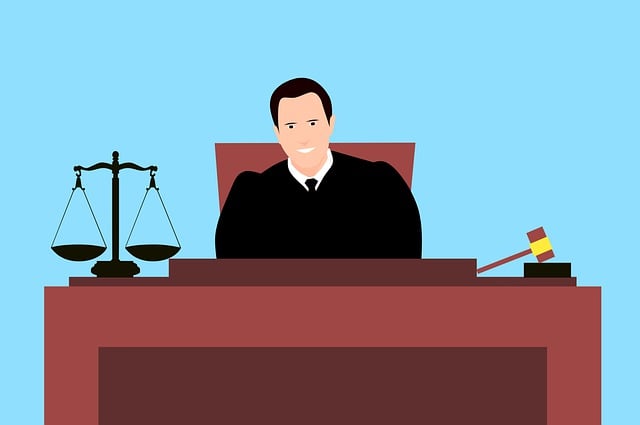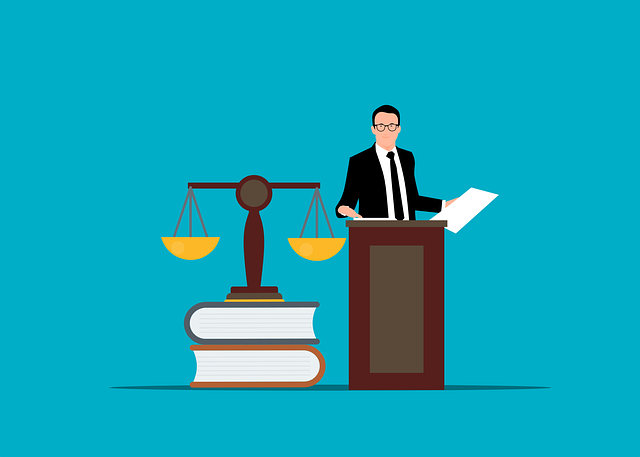False advertising in healthcare, misleading patients and damaging trust, can be addressed through legal action. Suing for false advertising involves:
1. Gathering Evidence: Collect concrete proof of misleading or deceptive advertisements (e.g., contradictory testimonials, inconsistent documentation).
2. Consult Experts: Engage healthcare law specialists who can guide the case.
3. Hire Experienced Attorneys: Ensure representation from proven experts in similar cases for adequate protection.
4. Prove Misrepresentation: Show a material misrepresentation, its falsity, and resulting harm to patients or industry standards.
5. Seek Compensation & Deterrents: Aim for financial compensation for affected parties and set precedents for ethical marketing within the heavily regulated healthcare industry.
In the dynamic landscape of healthcare, effective advertising is crucial for patient engagement and provider growth. However, false advertising poses significant risks, leading to legal repercussions under stringent regulations. This article guides you through the intricate world of healthcare law, focusing on steps to sue for false advertising. We explore key aspects, from understanding false claims and identifying violations, to building a robust case and navigating the legal framework. By shedding light on these steps to pursue a false advertising lawsuit, professionals can protect their interests and uphold ethical marketing standards.
- Understanding False Advertising Claims in Healthcare
- Identifying Violations: What Constitutes False Advertising?
- The Legal Framework for Suing Healthcare Advertisers
- Building a Strong Case: Evidence and Damages
- Steps to Take When Pursuing a False Advertising Lawsuit
Understanding False Advertising Claims in Healthcare

False advertising claims in healthcare can arise when a medical service or product is marketed with misleading or inaccurate information, leading patients to make decisions they might not have otherwise. These cases often involve complex legal and ethical considerations, especially when dealing with life-saving treatments or heavily regulated industries. To navigate these challenges, individuals or businesses may consider the steps to sue for false advertising, which can include gathering evidence of misrepresentations, demonstrating causation between the advertisement and harm, and proving that the defendant had knowledge or should have known about the falsity of their claims.
In healthcare, where trust is paramount, false advertising can have severe repercussions, including potential harm to patients and a loss of public confidence in medical professionals. A successful lawsuit not only seeks compensation for damages but also serves as a deterrent, ensuring that businesses adhere to honest marketing practices. The process involves meticulous investigation, strategic legal arguments, and a deep understanding of both healthcare regulations and the respective business’s white-collar defense strategies. Ultimately, the goal is to achieve a complete dismissal of all charges or a favorable outcome that sets a precedent for ethical advertising in the industry.
Identifying Violations: What Constitutes False Advertising?

Identifying violations within healthcare law firms is paramount to upholding ethical standards and protecting patients’ rights. False advertising, a significant concern in this sector, involves making misleading or deceptive claims about services offered. This can manifest as exaggerated promises of success rates, false assurances of confidential treatment, or misrepresenting the expertise of practitioners.
To sue for false advertising, several steps must be taken. Firstly, gather evidence demonstrating the false nature of the advertisements, such as contradictory testimonials or documentation exposing inconsistent practices. Next, consult with legal experts who can guide you through the process and help build a strong case. It’s crucial to engage attorneys experienced in healthcare law who understand the complexities involved and have an unprecedented track record of success in similar cases, ensuring your respective business, corporate, and individual clients receive the protection they deserve.
The Legal Framework for Suing Healthcare Advertisers

In the realm of healthcare law, the legal framework for suing healthcare advertisers involves navigating complex regulations aimed at protecting patients from misleading information. The Federal Trade Commission (FTC) and state attorneys general play pivotal roles in enforcing laws against false advertising. When a healthcare provider or advertiser makes claims that are deemed inaccurate or misleading, individuals who have been negatively affected can take legal action.
The steps to sue for false advertising in the healthcare sector involve careful investigation to gather evidence supporting the claim. This includes documenting instances of deceptive practices, such as exaggerated benefits, unproven treatments, or misleading comparisons with competitors. Plaintiffs must demonstrate that the advertiser made a material representation, it was false or misleading, and the advertisement caused harm or injury. Often, these cases lead to jury trials, where the respective business’s integrity and financial consequences are evaluated, setting a precedent for future white collar defense strategies in the healthcare industry.
Building a Strong Case: Evidence and Damages

Building a strong case in healthcare law, especially when pursuing claims for false advertising, requires meticulous attention to detail. The first step is to gather comprehensive evidence that demonstrates the misrepresentation or false claim made by the defendant. This includes scrutinizing marketing materials, advertisements, and any promotional content to pinpoint specific instances of misleading information. Legal professionals must also gather expert opinions and clinical data to validate their case and illustrate the impact of the false advertising on patients and the industry.
When calculating damages, it’s crucial to consider both direct and indirect losses. Direct damages might include financial losses incurred by individuals or healthcare institutions as a result of the false advertising. Indirect damages could be broader, such as reputational harm, loss of trust among consumers, and potential long-term effects on industry standards. By thoroughly documenting these aspects, legal teams can build a compelling case that not only aims for achieving extraordinary results but also ensures justice and helps avoid indictment in cases where negligence or intentional deception are involved, especially across the country.
Steps to Take When Pursuing a False Advertising Lawsuit

When considering legal action for false advertising, it’s crucial to understand a structured approach. The first step is to identify the false or misleading statements made by the defendant regarding their products or services. Gather evidence meticulously; this can include marketing materials, advertisements, and any communication that deceives potential customers. Documenting these misrepresentations is key to building a solid case.
Next, assess if there’s jurisdiction over the matter. Different states have varying laws, so consult with a healthcare lawyer who specializes in false advertising cases. They’ll guide you through the process of filing a lawsuit, ensuring your claims align with legal standards. Remember, timing is crucial; many jurisdictions have statute of limitations for such cases, so prompt action is essential to avoid indictment and protect both corporate and individual clients.
In navigating the complex landscape of healthcare advertising, understanding the legal framework and steps to sue for false advertising is paramount. By identifying violations through robust evidence collection and calculating appropriate damages, healthcare law firms can effectively protect consumers and uphold ethical marketing standards. Remember that each case is unique, so consulting with legal experts is crucial for a successful outcome. Follow these strategic steps to take on false advertising lawsuits and promote transparency in the industry.






